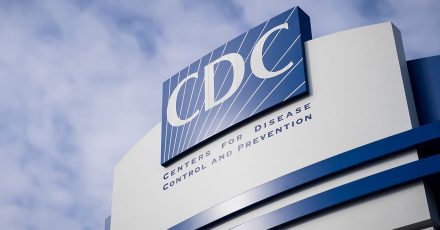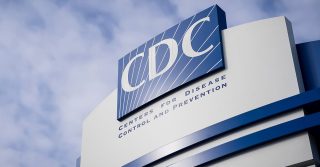The NHS will deliver faster care for millions under the most radical reset of the service in a generation.
Key commitments
1) 2.5 million fewer patients waiting more than 18 weeks for planned care by March 2029.
2) 85% of people with a cancer diagnosis to receive their first treatment within two months of referral (up from 70% today), with NHS analysis projecting just over 300,000 patients starting treatment within 62 days in 2028/29 (up from 226,939 in 2024/25).
3) Faster access to diagnostics and GP appointments.
Medium Term Planning Framework (2026/27–2028/29)
The NHS Medium Term Planning Framework – Delivering Change Together – will remove layers of bureaucracy, simplify rules and give local leaders more freedom to focus on patient care. It ends short-term annual planning that has constrained services and creates a three-year roadmap to restore constitutional standards for elective care.
How targets will be met
– Shift more care out of hospitals into local neighbourhood teams and community diagnostic centres to free hospital capacity and reduce waiting times.
– Change financial incentives so hospitals are rewarded for ensuring patients receive care outside hospital where appropriate.
– Immediate action to improve GP access, with consultation on a priority to provide same-day appointments (face-to-face, online or by phone) for all clinically urgent patients.
– Target 80% of community health service activity to be completed within 18 weeks to tackle long waits for community services, including many who have waited more than two years.
– Reallocate resources into community services for people with highest needs, reducing unnecessary hospital admissions and supporting people to manage health at home.
Digital and productivity aims
– Aim for 95% of appointments after triage to be available via the NHS App and for all providers to use the Federated Data Platform fully by the end of 2028/29.
– Reduce unnecessary follow-up appointments so clinicians can prioritise patients who most need review; areas that don’t progress will be performance managed.
– Expand the Advice and Guidance scheme so GPs can get rapid specialist input digitally, reducing unnecessary hospital referrals.
– Roll out i-Refer clinical software to ensure scans follow up-to-date guidance and only those who need imaging are scanned.
Leadership comments
Sir Jim Mackey, CEO of NHS England, said the NHS has been trapped in a “doom-loop” of short-term planning and excessive bureaucracy that stifled local leadership and innovation. The Framework resets how the NHS works, aligns incentives to deliver more care and provides a clear route map to improve access and reduce waiting times. He said every provider will be required to measure patient experience carefully and act to fix what matters to patients.
Health and Social Care Secretary Wes Streeting called the plan “the bold change this government promised,” aiming for the fastest turnaround in NHS history. He said millions more patients will be treated on time, cancer outcomes will improve, GP access will be quicker, and community care will be prioritised. He noted the plan is already delivering over 5 million extra appointments, 2,500 more GPs, and a cut of 200,000 in waiting lists since the government took office.
Professor Peter Johnson, National Clinical Director for Cancer at NHS England, said meeting the constitutional standards will bring faster cancer care for tens of thousands more patients through investment in community diagnostic centres, more productive cancer team working, and better community cancer services supporting patients during and after treatment.





